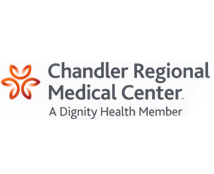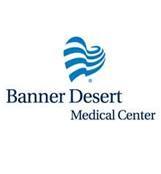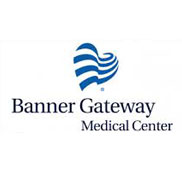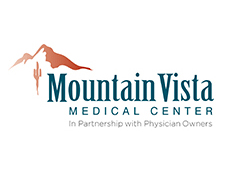Category Archives for Blog | Cardiologists at Arizona Heart Doctors Phoenix, AZ
An Overview of Arterial Duplex Ultrasound Scan
Your Phoenix cardiologist may request that you have an ultrasound of the arteries in your arms, legs, pelvic region, or neck. Arteries are the vessels that carry blood away from your heart to other areas of the body. Ultrasound is a procedure that uses sound waves to look inside of your body. With an arterial […]
An Overview of Cardiac Computed Tomography (CCT)
The American Heart Association endorses the cardiac computed tomography (CCT) test for cardiac risk stratification of patients based on calcium scores. A traditional computed tomography (CT) scan is an x-ray procedure that combines computer technology and x-ray imaging to generate cross-sectional views of the body. Cardiac CT uses this same technology along with intravenous (IV) […]
The Basics of Nuclear Cardiology from an AZ Heart Doctor
Nuclear cardiology studies use noninvasive testing methods to check heart function, myocardial blood flow, and the location and size of the heart. Heart disease is the leading cause of death in America, with more than 500,000 men and women suffering death from coronary artery disease each year. Nuclear cardiology plays a vital role in establishing […]
An Overview of Cardiac Catheterization
A cardiac catheterization (also called a cardiac or heart cath) is a medical procedure that Phoenix cardiologists use to diagnose and treat certain heart conditions. This test employs a thin, flexible tube called a catheter that is put into your groin or neck and threaded to your heart. The catheter allows the doctor to perform […]
What is a Tilt Table Test for Evaluating Fainting and Syncope?
Tilt Table Test The tilt table test (TTT) is widely used to diagnose neutrally mediated syncope or NMS. This test also is used to rule out NMS by Phoenix cardiologists who treat patients with frequent fainting episodes. Neurally Mediated Syncope (NMS) NMS is a disorder that occurs in people who often do not have any […]
An Overview of Heart Disease from a Mesa Cardiologist
The Basics on Cardiovascular Diseases Cardiovascular disease includes a number of disorders and conditions that affect the structures of the heart or the heart function. Cardiovascular disease is the leading cause of death for adults. Learn about these conditions and the risk factors associated with heart disease. Coronary Artery Disease (CAD) Coronary artery disease is […]
The Basics of a Coronary Angioplasty from a Phoenix Cardiologist
The heart is supplied by three main coronary arteries and their various branches. Atherosclerosis causes discrete, scattered areas of blockage within one or more of these vessels. When the blockage is large, it will reduce the blood flow to the heart muscle and cause chest pain. The Percutaneous Transluminal Coronary Angioplasty (PTCA) is a technique […]
An Overview of a Heart Biopsy from an AZ Cardiologist
A heart biopsy is also called a myocardial biopsy or cardiac biopsy. This is an invasive procedure done by a cardiologist to detect heart disease. The doctor uses a bioptome (small grasping device) to obtain a tiny piece of the heart muscle. The heart biopsy can be done to assess for myocarditis (inflammation of the […]
Cardiac Bloodwork – What do the Tests Mean?
Cardiac Laboratory Testing If you have risks for heart disease or stroke, your doctor may order several laboratory tests to evaluate your condition. Among these tests are the CRP, fibrinogen, homocysteine, cholesterol, lipoprotein (a), and BNP. C-Reactive Protein (CPR) CRP levels are correlated with risk for heart disease. The Physicians Health Study found that elevated […]
What Is The Role Of The Cardiologist?
A cardiologist specializes in the cardiovascular system, which includes the heart, arteries and veins. Cardiologists work in private practice and in hospitals meeting patients, diagnosing their cardiac problems and then treating those conditions. Cardiologists have far-reaching education, which includes medical school plus training in general internal medicine followed by specialized training in cardiology. The total […]











